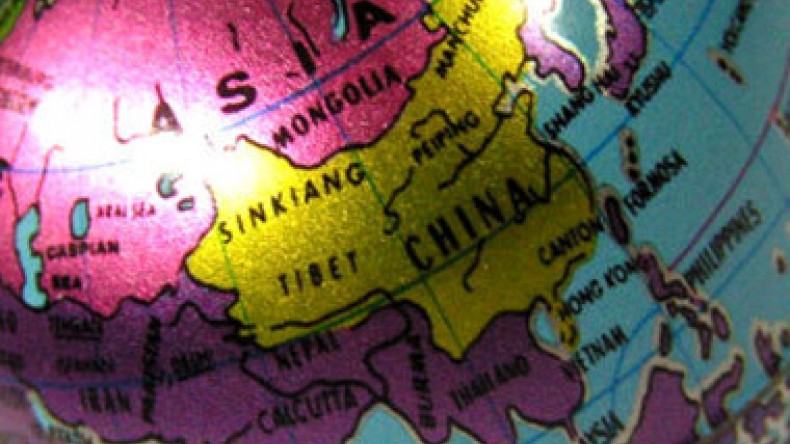
Asia’s future: impetuous but bright
Analysts forecast great changes for Asia in 2014. The US is to lose its unconditional leadership in the region and is to become first among equals. The threat of local armed conflicts is to be a direct consequence of the withdrawal of coalition forces from Afghanistan. Taking into account the rapid growth of the Asia – Pacific Region and South East Asia, they will become a major centre of world business activity. Russia will retain the role of an independent player in the region, the Voice of Russia reports.
The departing year almost became the beginning of a new large-scale warfare in the Middle East. Russia’s diplomatic manoeuvre with eliminating chemical weapons in Syria cut the ground from under the feet of those insisting on a military intervention in that country. The level-headed policy of Iran’s new government resulted in lower tension in relations between Tehran and the West. Nevertheless, the situation in the Asian region remains extremely dangerous. Expert in Oriental studies Sergey Demidenko from the Institute of Strategic Estimates says that the Middle East is not the only unstable region.
"Asia is obviously on the verge of serious changes. A difficult situation is forming in Afghanistan due to the withdrawal of US troops. The country is likely to find itself on the brink of a civil war again and the entire region is threatened with the aggravation of the political situation. The situation in Iraq is also difficult. The country continues to balance on the brink of a civil war and there is still a danger of Iraq being dismembered into three parts – Kurdish, Sunnite and Shiite. Libya has already disappeared as a state. The situation in Syria is also very difficult and Syria is the key point of the region. Egypt’s political and economic future does not look optimistic either. It is difficult to offer a social and economic model for a country with such a large population and a small economic potential."
The political situation in the region changed dramatically over this year, new forces appeared in the East. Now the US, which used to be the absolute leader in geopolitical games in Asia, has to take new realities into consideration. In recent years many Persian Gulf countries and Turkey achieved a certain financial and economic independence, their elites consolidated with the Western financial elite. Consequently, the behavior of those states on the international arena has changed. In the past they adapted their policy to US wishes and now the US has to take great efforts to persuade its partners to follow the course chosen by the White House. Still, this does not mean that the US has lost its influence in Asia, expert Pyotr Topychkanov from the International Security Centre of the Institute of World Economy and International Relations at the Russian Academy of Sciences believes.
"I don’t see that the US will be losing its influence compared with 2013. Its strategy in 2014 will be to focus economic and military activities on Asia. This policy will include the deployment of aircraft carrier groups and development of military cooperation with Asian countries. The US has long-term plans in the region and obviously is not going to leave. The US will remain one of the key factors in politics, trade and security in Asian countries."
However, US interests are more and more shifting from the Middle East to the Asia-Pacific Region. Russia, on the contrary, is playing a more active role in the affairs of the main oil region of the world. Fortunately, the situation in Central Asia, the perpetual soft underbelly of Moscow, is relatively stable. The third global player, China, also seems to be eager to play Washington’s role in the Middle East, one of a bull in a china shop. The US is now busy with the so-called shale gas revolution at home and does not want such problem-plagued partners like Saudi Arabia or Qatar any more. In turn, those countries are looking for guarantee of security in other world capitals.
The least predictable regional player, North Korea, is however to a great extent under its 'big brother' China’s control, so there is no reason to expect a marked aggravation of the situation. Beijing will continue its unhurried policy of consolidating its economic and military potential to ensure its leadership in the Asia-Pacific Region. The US will try to hinder this process cooperating with China’s adversaries. Analysts believe that Russia should follow a more flexible policy. On the one hand, Beijing acts as Moscow’s ally in most geopolitical issues. On the other hand, excessive consolidation of China’s position in the Asia-Pacific Region may be a hypothetic danger to Russia’s Far East.
On the whole, some political scientists believe that today Asia’s map is being redrawn for the first time since the collapse of the Soviet Union. It is more and more difficult for the US to score gains under current conditions. The proof of this is the US recent diplomatic encounter in Syria, Iran and Afghanistan.
Igor Siletsky
Newsfeed
Videos






























